The EU is boosting its humanitarian funding with €5 million in response to the increasing needs resulting from the Nagorno-Karabakh crisis. The conflict escalation and subsequent ceasefire is expected to trigger a mass exodus of people from Nagorno-Karabakh to Armenia, with approximately 13 500 refugees having crossed the border already. At the same time, there is a major food shortage and lack of access to electricity and water within the Nagorno-Karabakh enclave.
The €5 million humanitarian funding includes €500 000 of emergency support of emergency support announced last week and €4.5 million new funding, which will:
- assist people displaced from Nagorno-Karabakh to Armenia. This aid will be delivered by various EU humanitarian partners operating in Armenia to reach around 25 000 people. The priority is to provide cash assistance, shelter, food security and livelihoods assistance.
- assist vulnerable people inside Nagorno-Karabakh. This aid will be channelled through the International Committee of Red Cross and aims to support around 60 000 people with food, healthcare, shelter and logistics.
The EU is also deploying a humanitarian expert to the region who will work hand in hand with humanitarian partners on the ground to ensure a rapid response to the crisis.
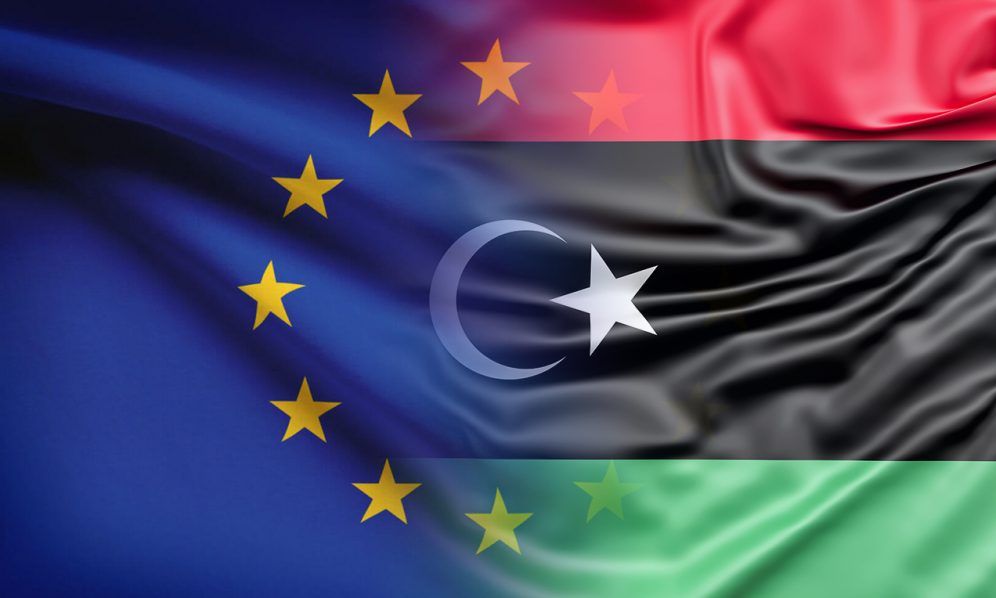
EU mobilises emergency aid to support Libya after severe floods
|
Background
Including the new funding announced today, the European Commission has provided more than €25.8 million in humanitarian aid since the conflict escalation in Nagorno-Karabakh in 2020. At the outbreak of the 2020 conflict in Nagorno-Karabakh, the Commission promptly responded with €6.9 million in humanitarian support to address the needs of the most vulnerable among the civilians directly affected by the hostilities.
EU humanitarian funding is provided in line with the humanitarian principles of humanity, neutrality, impartiality, and independence. The European Commission also plays a key role in facilitating humanitarian coordination and information sharing among various organisations, including donors, authorities and humanitarian partners.
More information: European Commission

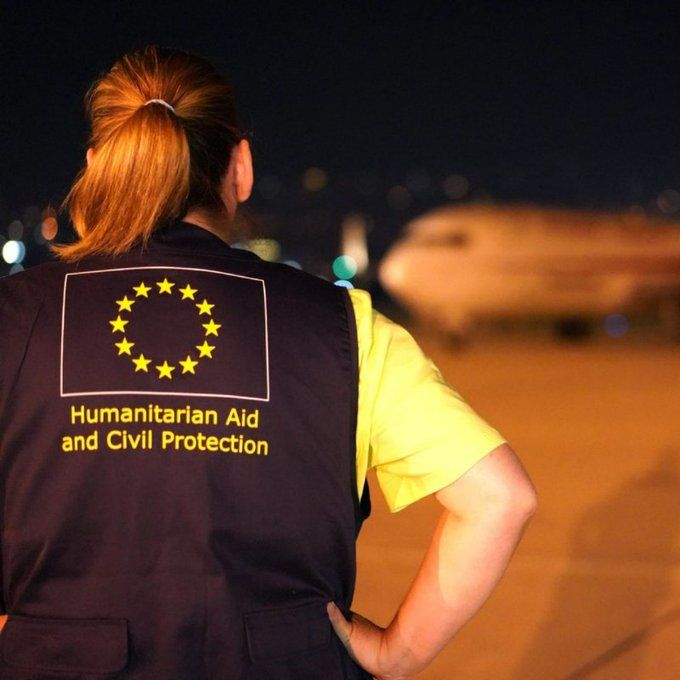

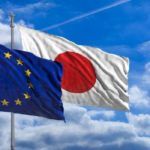
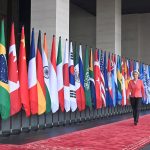
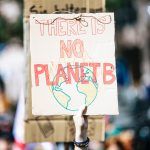

Leave a Reply